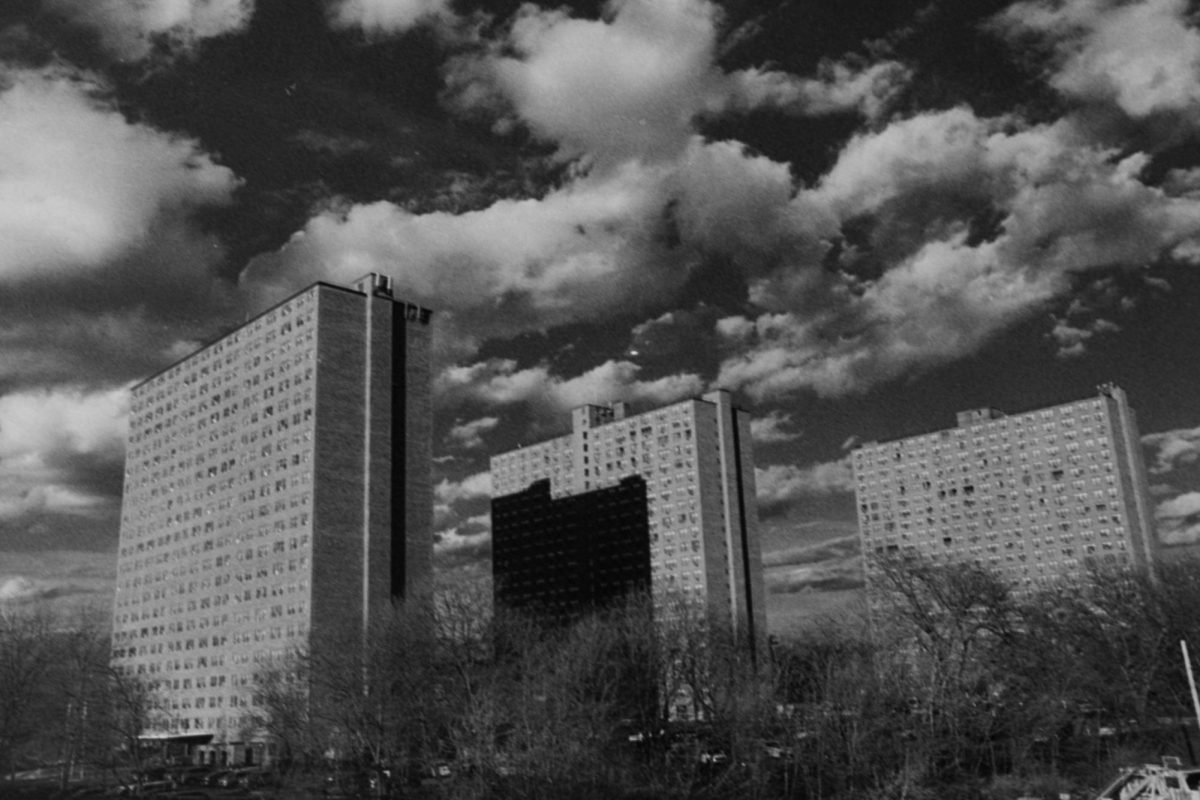The Affordable Housing Overlay (AHO) is one of Cambridge’s most contentious local issues, sparking hot debate city-wide during every election cycle. The Cambridge AHO was adopted in October 2022 to provide more affordable housing across the city through new zoning initiatives. Through this overlay, developers can build high-rise units in higher-density areas of the city. Furthermore, there was also a considerable amount of focus on spreading out these projects and making a conscious effort not to condense them in the previously typical areas of North and East Cambridge. This controversial decision has many calling for more restrictive legislation to avoid overdeveloping Cambridge’s historic squares and districts. However, others believe that the disputed legislation is crucial in preserving the diversity and housing affordability in Cambridge.
In October 2023, Cambridge City Council passed the AH0 2.0 amending the previous act. As the updated version relaxes restrictions on floor limits, allowing for taller buildings and removing the maximum density regulations, housing developments increased in size. So far this year, there have been approximately twenty-five affordable housing development projects compared to last year when there were only a mere thirteen. While this increase indicates some success in accelerating the AHO developments, arguably there is more work to be done. The waitlist for housing is well over 20,000 which reflects the high demand for affordable housing. As the Cambridge Development Department describes, AHO is needed because “affordable housing developers often cannot compete with market-rate developers who can afford to pay more for land and buildings.”
Cambridge struggles to strike a balance between increasing housing availability while preserving the character of Cambridge, all the while not isolating lower-income residents. Some have criticized the AHO for not addressing the ongoing gentrification of Cambridge. Kate Wheatley ’25 emphasized the need for action on the topic of turnover in neighborhoods. Wheatley told the Register Forum, “As a CRLS student, I am constantly grateful for the care the city takes for its constituents. I especially value the diverse connections embedded in my education and neighborhood; however as the housing crisis tightens its grip on [Cambridge] I feel both slipping away.” The Cambridge Citizen Coalition expressed similar concerns about the AHO projects themselves by stating in blog post that “it is promoting a significant densification of existing affordable housing developments, segregating tenants, and too often without core amenities like parking, green spaces, shade trees, nearby grocery stores, adding to environmental justice and health disparity concerns such as asthma.”
As Cambridge continues to implement and refine the AHO, the city council and policymakers must address all these concerns. Engaging with community members and trying to find a balance between preserving neighborhood integrity and supporting diversity will be essential for improving Cambridge.
This article also appears in our September 2024 print edition.















